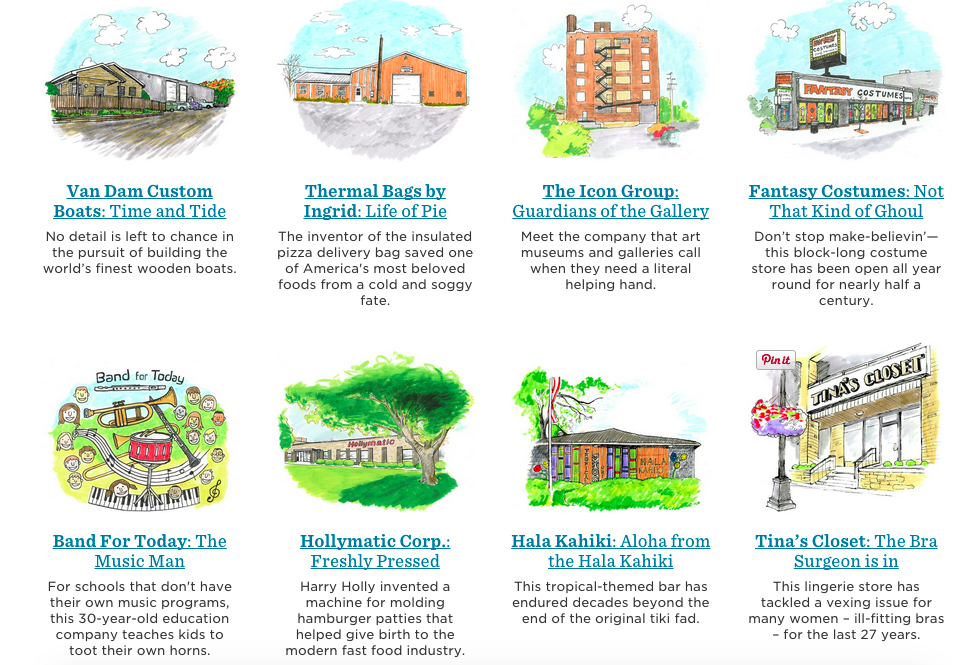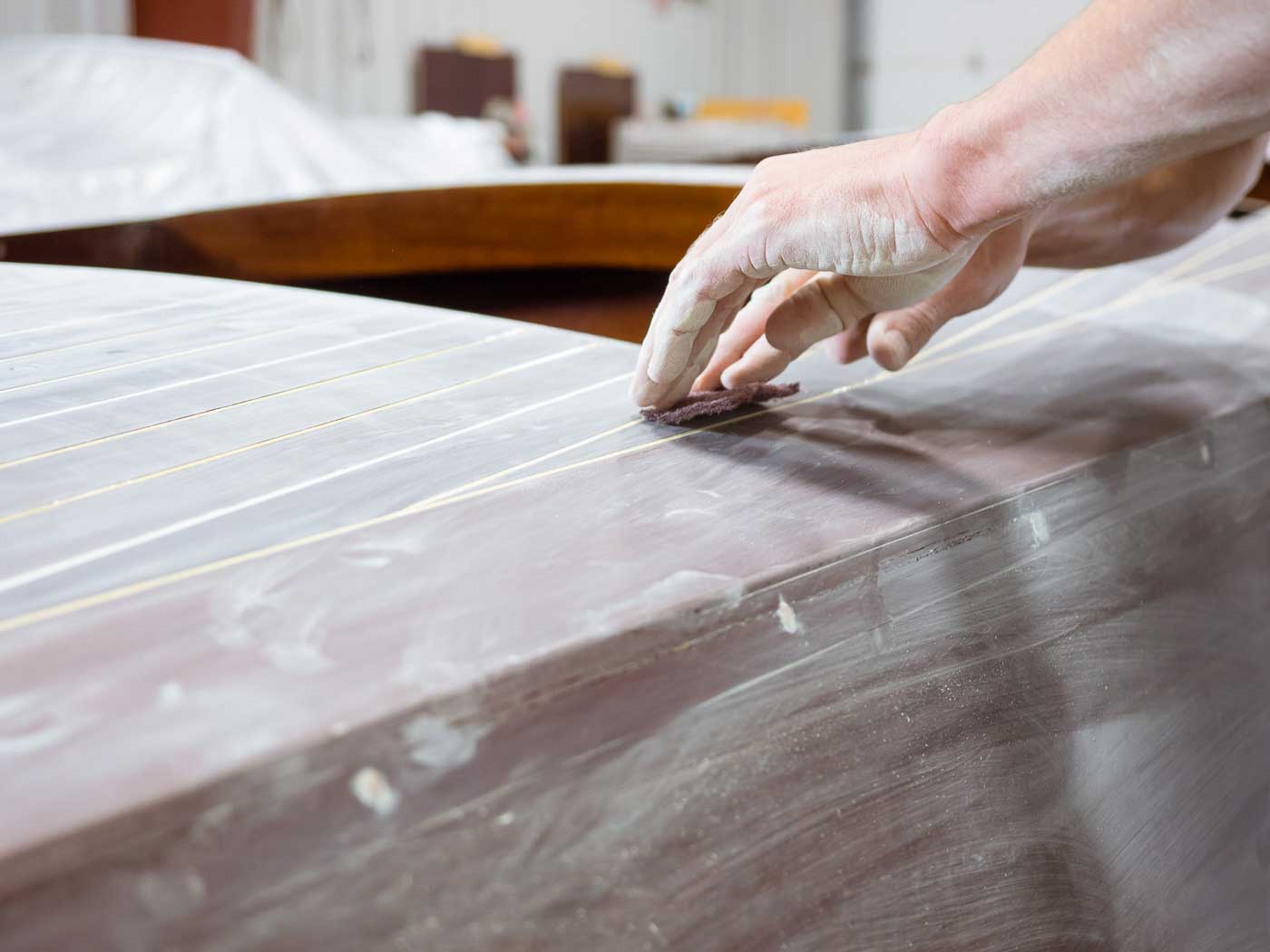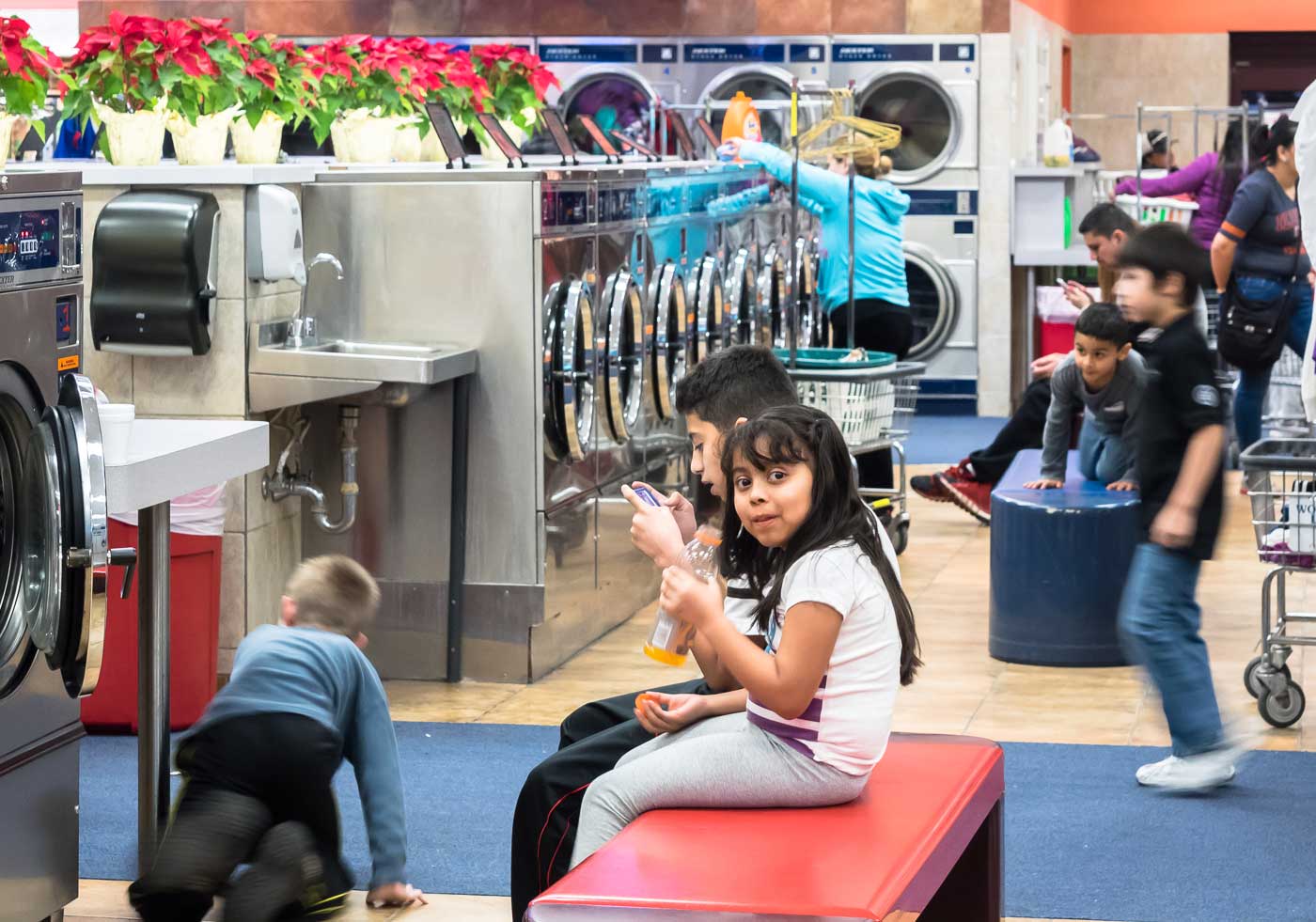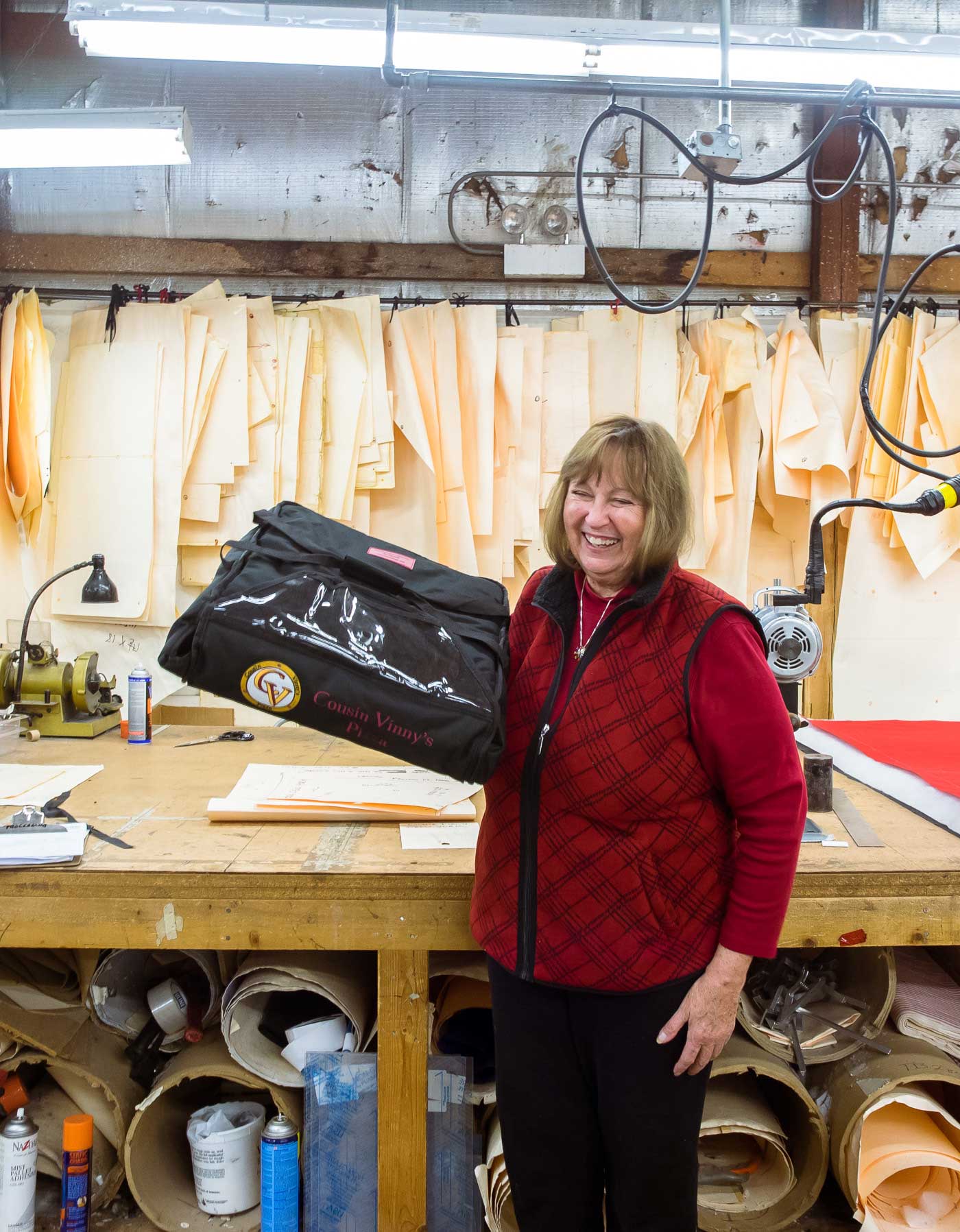A year ago, The Distance published its first story: a profile of 110-year-old Horween Leather Co., Chicago’s last remaining tannery. Since then, we’ve visited an 18,000-square-foot costume and wig store and a vintage tiki bar with its own gift shop. We’ve met a custom bra fitter who started her business as a single mom and the second-generation owner of an auto salvage yard that ran the same commercial on local television for 30 years.
 We launched The Distance because we believe the people behind long-running businesses have amassed a lot of wisdom from their decades of experience. At the heart of each story is the question: “How have you stayed in business for so long?” The answers we’ve collected so far are nuanced and varied, reflecting the complexities that each business owner has faced. Their lessons are difficult to reduce to a list of handy aphorisms. But one year seems as good a time as any to take stock in some way, so here are a few themes that have emerged from the last 12 months.
We launched The Distance because we believe the people behind long-running businesses have amassed a lot of wisdom from their decades of experience. At the heart of each story is the question: “How have you stayed in business for so long?” The answers we’ve collected so far are nuanced and varied, reflecting the complexities that each business owner has faced. Their lessons are difficult to reduce to a list of handy aphorisms. But one year seems as good a time as any to take stock in some way, so here are a few themes that have emerged from the last 12 months.
Take pride in your product: Van Dam Custom Boats makes just two to four of its handcrafted wooden boats each year. Each one takes eight months to two years to finish. As you might imagine, the market for a luxury item of this kind is relatively small, and business took a hit during the latest recession. But the Van Dams took the lull to recommit to their reputation as the maker of the world’s finest wooden boats, no hyperbole intended. They limited production to increase demand and raise their prices, and today they have a waiting list of about three years. Horween Leather has taken a similar approach, focusing on the high end of its market despite pressure in its industry to move toward lower-cost manufacturing. As Nick Horween says in our story, “It just has to be the best you can make it. You put all the best stuff into it so you can get the best of out of it, and get your price or don’t sell it.”
 Don’t become a commodity: Shrinking margins and slow growth are an ever-present threat in the corrugated box business. That’s why the Eisen brothers, who run Ideal Box Co., have shaped their family-owned manufacturer into a specialist in the corrugated retail displays you see at supermarkets and big-box stores. Scott Eisen says they never want to be a “me-too corrugated company.” Tom Benson of the World’s Largest Laundromat had the same thought about his business. Coin-operated, self-service laundromats can be found on virtually every block of his town, and they tend to look and run the same. The World’s Largest Laundromat does things differently, and the family-friendly amenities it provides has made its store into a destination and community center.
Don’t become a commodity: Shrinking margins and slow growth are an ever-present threat in the corrugated box business. That’s why the Eisen brothers, who run Ideal Box Co., have shaped their family-owned manufacturer into a specialist in the corrugated retail displays you see at supermarkets and big-box stores. Scott Eisen says they never want to be a “me-too corrugated company.” Tom Benson of the World’s Largest Laundromat had the same thought about his business. Coin-operated, self-service laundromats can be found on virtually every block of his town, and they tend to look and run the same. The World’s Largest Laundromat does things differently, and the family-friendly amenities it provides has made its store into a destination and community center.
 Channel your artistic passion in practical ways: Jim Jozwiak of Band For Today was a professional trumpet player with a burgeoning freelance career who discovered a bigger, more lucrative opportunity: providing music education in schools that lacked their own programs. Bruce MacGilpin of The Icon Group was studying sculpture and helping his university manage on-campus art shows when he met a traveling puppeteer who didn’t have a proper storage system for his puppets. MacGilpin built some basic wooden crates lined with packing material for the man, a job that introduced him to the fine arts services industry. Today his business stores and transports priceless works of art for museums, galleries and private collectors.
Channel your artistic passion in practical ways: Jim Jozwiak of Band For Today was a professional trumpet player with a burgeoning freelance career who discovered a bigger, more lucrative opportunity: providing music education in schools that lacked their own programs. Bruce MacGilpin of The Icon Group was studying sculpture and helping his university manage on-campus art shows when he met a traveling puppeteer who didn’t have a proper storage system for his puppets. MacGilpin built some basic wooden crates lined with packing material for the man, a job that introduced him to the fine arts services industry. Today his business stores and transports priceless works of art for museums, galleries and private collectors.
![]() Find new markets and customers: The founder of Hollymatic invented a machine for molding hamburger patties that played a big role in the advent of the American fast food nation. McDonald’s, Burger King and Wendy’s used to be customers. When those chains became mega corporations, they outgrew Hollymatic. Now the maker of meat-processing equipment sells its products to grocery stores, butcher shops and smaller restaurants—ones that, unlike fast food places, make fresh patties. Elsewhere in the world of beloved American foods, Ingrid Kosar was the first to patent the thermal pizza delivery bag in 1983 and signed up companies like Domino’s in the early days of her business. But she didn’t have the market to herself for very long and later lost Domino’s as a customer. Kosar took what she learned about insulating food and started making products for companies outside of the pizza industry, like Meals on Wheels and Panera Bread.
Find new markets and customers: The founder of Hollymatic invented a machine for molding hamburger patties that played a big role in the advent of the American fast food nation. McDonald’s, Burger King and Wendy’s used to be customers. When those chains became mega corporations, they outgrew Hollymatic. Now the maker of meat-processing equipment sells its products to grocery stores, butcher shops and smaller restaurants—ones that, unlike fast food places, make fresh patties. Elsewhere in the world of beloved American foods, Ingrid Kosar was the first to patent the thermal pizza delivery bag in 1983 and signed up companies like Domino’s in the early days of her business. But she didn’t have the market to herself for very long and later lost Domino’s as a customer. Kosar took what she learned about insulating food and started making products for companies outside of the pizza industry, like Meals on Wheels and Panera Bread.
 Thanks for reading The Distance and listening to our podcast during our first year. Please keep sending feedback and suggestions for businesses to profile to [email protected]. Here’s to another year of stories!
Thanks for reading The Distance and listening to our podcast during our first year. Please keep sending feedback and suggestions for businesses to profile to [email protected]. Here’s to another year of stories!

dorothy
on 14 May 15Amazing work. Each entity is so unique in its own right. Can’t wait for the next story.
This discussion is closed.